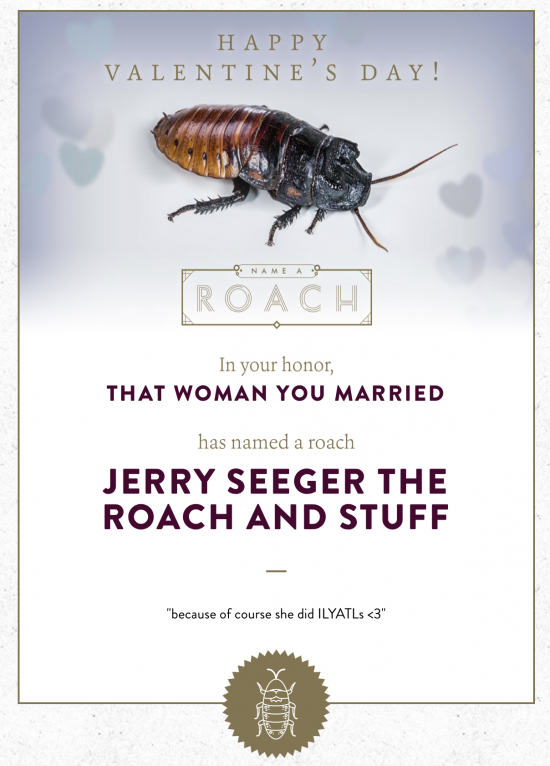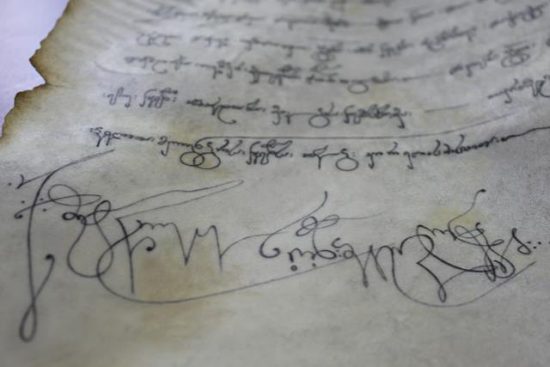This is the overdue installment about my experience as a Juror. In particular, you might want to read Voir Dire Day 1.
Overnight I stewed on the things potential jurors had said on the first day. I found myself hoping my name would be called just so I could say my piece about the things people had said. Domestic abuse is a mess.
After another round of attrition my name was called, and I occupied seat 13. First alternate, if nothing changed. Logistically, the closest seat to the lawyers. I would be a juror, unless I said something to get me booted. As an honest and thoughtful human being, I knew I was a juror.
The attorneys found me well-defined enough that I had to volunteer to bless the assemblage with my thoughts. They would interrogate the others, then ask, does anyone else want to comment on that? I always had something to say, and I occasionally raised my hand. I tried to choose my spots.
There was the guy now in seat sixteen, and man, that dude was a domestic violence magnet. Two cases going on right now. Back in the day he spent a fortune to bring in experts to bust his sister, who was making false domestic violence charges and almost got a guy sent to jail for a long time. Sixteen used to live next to a shelter, and they would ask him to come over and convince angry men to walk away. I’m not sure I’ll have space in the Muddleverse to tell his story well, but damg, that cat has a story.
Sixteen disqualified himself when he mentioned that he had discussed abuse with his wife last night. “I kept it abstract!” he insisted, but his wife (who, I learned in conversation during a break, once played basketball at Stanford) surely could put two and two together, and even if she didn’t, things she said were sure to influence him. But Sixteen was the first to use the word “bully”.
The defense lawyer was working hard on the theme that women commit domestic abuse, and there was a growing consensus that women abuse men as often as men abuse women in this country, but in different ways.
I don’t think that’s true, and I volunteered to say so. I believe we strive to be a nation where abuse is 50-50, but we are not there yet. The word I used that day was “leverage”. Leverage can come from many sources, but without leverage there is no serial abuse. For men, leverage is often physical strength or money, for women the leverage is (in my uneducated world) more often emotional. But nothing stops a man from using emotional leverage, too.
These days, men still have more leverage. Maybe things are evening out, but that’s how it is right now.
Later I pointed out that all the data any of the jury had to work with came from the media, and so we only hear about the most interesting (salacious) stories. “So you are saying you are willing to overlook the biased information you have received and judge this case impartially?” I was asked.
My response was not nearly as pithy as “If you want to distill my observation on social injustice down to a salient fact relevant to jury selection, then yes.” My actual response was only the last word of that.
But my big speech came after at-that-time Juror 12 was interviewed. I might have mentioned him before. His father physically abused his mother and him. They didn’t call the police, instead they “handled it in the family.” They handled it by getting rid of the bum. All’s well that end’s well, right?
“How would you feel if your mother started dating him again?” one of the lawyers asked. But that was not the big question.
When I had my chance, I asked, rhetorically, “How would Twelve feel if his dad started dating a complete stranger? Does he have a responsibility, having not reported his father’s behavior, if someone else gets hurt or killed?”
“What do you mean?” Miss Hawkins, assistant district attorney, asked.
“I keep hearing these people say they handled the situation, but what the really did was pass the problem on to some new unsuspecting victim.” I was getting a little riled up. “If you don’t bring in outsiders, then you are complicit in his next violence.” I wondered how people would react to my accusation of Twelve being guilty of assault. If anyone took my statements that far, they didn’t respond.
Another question to a different juror, got my volunteer spirit on high alert again. “Did you call the police?” The lawyer asked a witness to abuse. “No,” was the answer, as it ALWAYS IS.
I’m getting riled up again, just thinking about it.
Here’s the thing about involving the authorities in cases of domestic abuse: there is no positive outcome. Remember leverage? When the authorities come in, that power is realized. Loss of income, loss of home, loss of access to children. Sure if the system works right some of that can be restored, eventually. But eventually is not a choice for a lot of abuse victims.
This is why abused families don’t call the cops until it’s life and death. No good outcome. You just survive and maybe hope to push the monster onto a new victim.
There was another culling and suddenly I was Juror Three, the position I would hold for the trial.
Sixteen was gone, of course, but Twelve sat tight.
For the next and final batch of potential jurors the defense lawyer Miss Li proposed a hypothetical, seemingly to test us against sexism but actually, I suspect, to introduce bias into those selected. “If you saw a man head-slap a woman, would you call the police?” And to follow, “What if the woman head-slapped the man?”
Her goal at this stage of the voir dire was not to learn about the jurors as much as to remind those already comfortably seated that abuse goes both ways. But interviewee after interviewee answered that they would call the police no matter the gender. The jurors answered with what they now knew they should do, rather than what they would actually do.
I was no longer being interviewed, but I wanted to raise my hand, and maybe I should have.
Here’s the thing: None of the people in that room, judge included, would have called the police if any human had head-slapped any other human, unless the slapped was an infant or (maybe) if the slapped was knocked down. Yet juror after juror said they would call the cops. Bullshit. Our society has a built-in tolerance for some kinds of violence. And head-slaps are often affectionate.
There was a time, a long time ago, when I was at the beach with my friends. Maybe Cardiff, back when it had sand. A party just down the beach turned ugly, shouting and whatnot, and eventually a buff kid was sitting on top of a girl, fist drawn back, ready to do harm. I started walking that way, covering the space between our parties, hoping to be seen. I am not an imposing physical specimen, but in cases like this that’s not important.
He rose off her, and things calmed. I returned to our party, and no police were involved. If he hurt someone later, am I complicit? My choice was to intervene personally, in that moment. Granted, when that happened we did not have phones you could carry around, but even if we had phones I’m pretty sure we would not have dialed 911. We would have done exactly what we did that night: Present a witness and breathe a sigh of relief when violence didn’t happen. And enjoy the beach.
So now, as the actual trial is about to begin, I’m fizzing with an urge to call out many of my fellow jurors as liars, if well-intentioned. I did not. The fate of a kid was at stake.
Sharing improves humanity:



